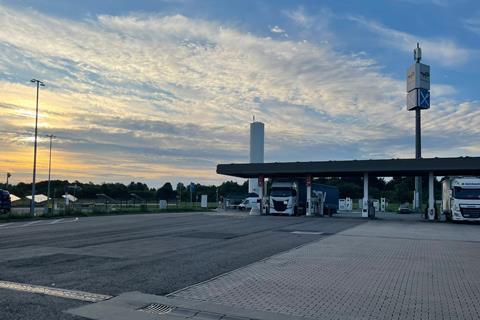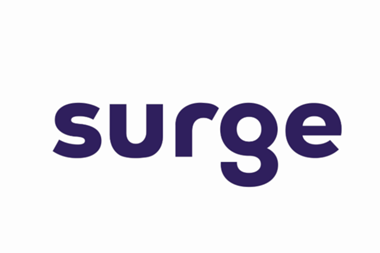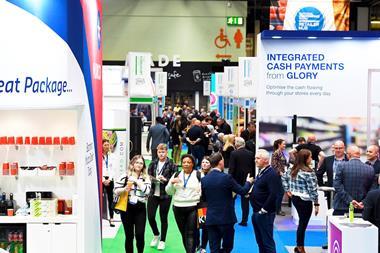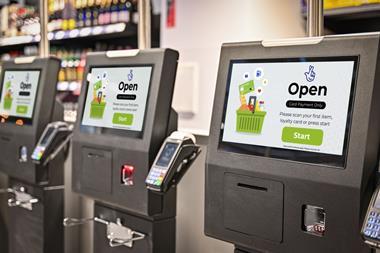Dover Fuelling Solutions has taken a closer look at Liquefied Natural Gas (LNG) as a compelling alternative fuel and delves into its environmental, cost, and business impacts.

In an era dominated by discussions around electric and hydrogen-fueled vehicles, there’s another sustainable fuel option making waves on the market - Liquefied Natural Gas (LNG) - according to a recent study by Dover Fueling Solutons (DFS).
“Ultimately, consumers seek energy that is affordable, reliable and environmentally friendly,” said Joost Jansen, business development manager at DFS. ”LNG meets these criteria, and its competitive costs make it a promising choice for commercial transportation.”
LNG is a natural gas that has been reduced to a liquid state through a process of cooling, and Jansen describes it as the cleanest fossil fuel, as it produces 40% less carbon dioxide than coal and 30% less than oil.
Its primary component is methane (85-89%), which releases fewer pollutants during combustion, making it a sustainable choice that improves air quality.
Another key player on the market, he claims, is Bio-LNG, which emits 85% less CO2 than diesel and is a key solution in minimising emissions from the heavy goods vehicle (HGV) sector.
LNG manufacturing has another advantage in the race to net zero, according to the DFS study: during the production of LNG, Boil-Off Gas (BOG), which causes the pressure inside the LNG storage tank to rise, is continuously evaporated. However, venting BOG into the atmosphere is extremely dangerous and will become illegal as part of the Europe (Green) Deal. In order to rectify this, Gasrec implemented DFS’ patented Liqal BTU Boil-off gas treatment unit that converts BOG back into liquid form, avoiding venting and preserving LNG stock, thus reducing losses – both financial and environmental.
The LIQAL BTU system is also described as offering unlimited holding time for LNG with no need for active management of LNG tank storage pressure, posing a significant opportunity for the reduction of costs.
Having taken a closer look at the issue of affordable energy, DFS believes LNG emerges as a cost-efficient solution, thanks to the ample supply of natural gas resources and the steadiness of its prices, in contrast to the fluctuations observed in the oil market.
During the first half of 2023, LNG imports in Europe were predominantly led by nations in East Asia and Europe. China, Japan, and South Korea emerged as the top three global importers, followed by the UK, France, and Spain, where the majority of European regasification capacity is housed.
DFS says the affordability of vehicles powered by LNG is on the rise, supported by an expanding infrastructure catering to the specific fuelling requirements of fleets.
Furthermore, LNG engines typically incur lower maintenance costs, yielding long-term savings for businesses. Unlike electric vehicles, which often demand substantial upfront investments in charging infrastructure, LNG presents a more gradual transition without the necessity for a massive initial financial commitment.
“Businesses have the opportunity to invest in LNG dispensers that provide truck drivers with an intuitive refuelling experience and exceptional uptime,” said Jansen. ”When paired with the LIQAL BTU Boil-off Gas Treatment Unit to ensure consistent performance, businesses can upgrade their fuel sites with a low total cost of ownership (TCO) while embracing the latest clean fuel technology.
LNG infrastructure may be embryonic, but it is fast growing, according to Lise-Lotte Nordholm, vice president and general manager of clean energy and global platforms at DFS. ”There are around 635 LNG stations on the continent, with the bulk concentrated in Western Europe, and its cost-competitive benefits means it has strong potential for commercial transport.”
DFS believes that in comparison to other clean energy sources such as EV, LNG requires minimum investment in infrastructure, which means it’s a perfect bridge until the world transitions to a fully emissions-free society.
“With its environmental advantages, cost-effectiveness, and positive business impacts, LNG is on the way to becoming one of the most in-demand fuels globally for heavy-duty transport,” concluded Jansen. ”It can contribute to future energy security measures and facilitate the worldwide transition to decarbonise major carbon-emitting economies. We’re witnessing the evolution of the consumer experience in fuelling and convenience retail.”
































